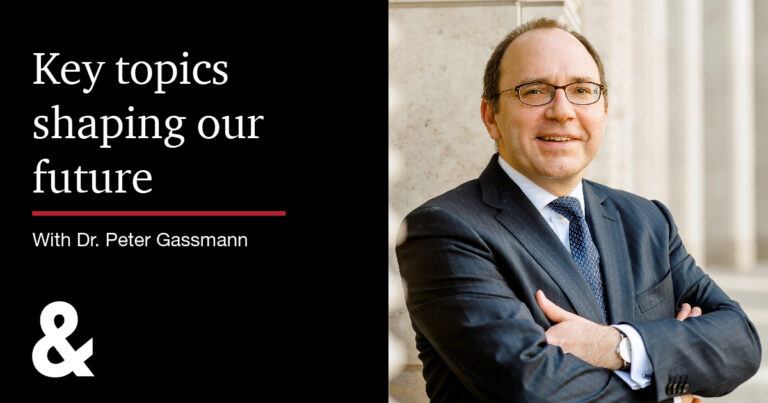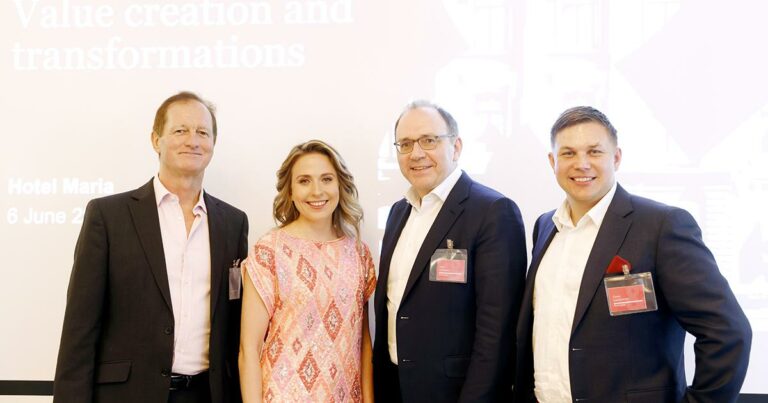Nothing lasts forever: start looking for new cheese
Juuso Laatikainen

The classic book “Who moved my cheese¹” written by Spencer Johnson in 1998 is a keeper and a great reminder that value tends to migrate. Being satisfied now is not a guarantee that you will stay in the game in the future.
COVID-19 was devastating to us as a society. The pandemic also proved, once again, that necessity is often the mother of fast innovation. To put it in Spencer Johnson’s terms, we suddenly needed to accept that we were running out of cheese at our cheese station.
During the pandemic, new ways of working and value creation needed to be created quickly to stay in business, and potentially even strive. The boom of food delivery services, home entertainment video subscriptions, and remote meeting service providers are familiar examples to us all – as are the quick pivots of restaurants into serving only take-aways, the emergence of new “lights-out restaurants” that don’t have any seats, and the plethora of new work-from-home practices.
While global disasters such as COVID-19 spark brisk change, most change trends are much slower. We talk about the increased pace of change or rapid technological disruptions, but the majority of change is gradual. The shift to electric powertrains is a great example². Today, the play on electric seems to be clear, the question is now much more on the adoption of green hydrogen, what the future might bring – and when a hydrogen society might be a reality.
It seems that when it comes to most change, the early adopters are always much ahead of the masses and the laggards tend to have a chance to enjoy their cheese for longer than expected. Assuming this is true – and there is research that suggest this is the case – then companies, leadership teams and individuals should embrace the opportunity to spot the unmet needs of customers and the potential changes in value creation across the value chain.
Has the fast-paced change achieved during the last few years empowered leaders to embrace change more actively? Are we all better at searching for new cheese? The answer, in short, is yes and no.
PwC’s newest CEO Survey showed that forty percent of global CEOs think their organisation will no longer be economically viable in ten years’ time if it continues on its current path. The surveyed CEOs feel it’s critically important for them to reinvent their businesses for the future. Although they say that they want to make bold decisions, they admit that they aren’t currently spending enough time on business reinvention.
Spencer Johnson’s unlikely bestseller was published 25 years ago, but its key insight feels as fresh as it did the first time that I read it. The main question that everyone remembers from “Who Moved My Cheese?” is “What Would You Do If You Weren’t Afraid?”
When facing uncertainty, some companies aspire to stick to the status quo simply because they fear what change might entail. Waiting until you are forced to adapt to the changes in your environment is certainly an option, but not an advisable one. Take a moment to consider what might move your cheese tomorrow – or next year. What are your assumptions and how can you ensure that you are on track to reimagining your company’s place in the world?
[1] For those unfamiliar with the book, a quick synopsis can be found online on many sites.
[2] https://www.strategyand.pwc.com/de/en/industries/automotive/digital-auto-report.html



